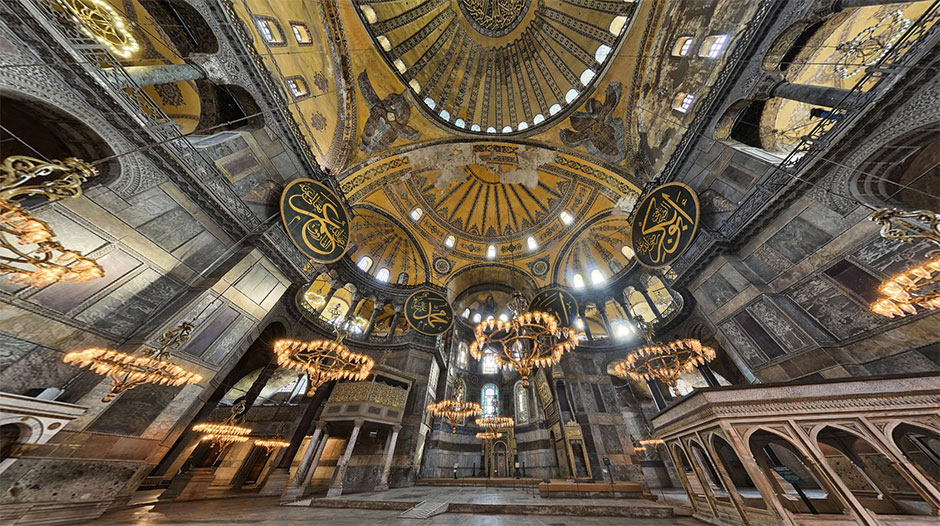About Turkey
Turkey is located at a point where the 3 continents in the world (Asia, Africa and Europe) became closest to each other and where Asia and Europe meet. The surface area of Turkey including the lakes is 814,578 km² / 314,503 sq miles. It is much larger than many European countries.
Because of its geographical location, Turkey has been very important throughout history and is the birthplace of many great civilizations such as Byzantine and Ottoman Empires. Hattis, Hittites, Phrygians, Urartians, Lycians, Ionians, Lydians, Persians, Macedonians, Romans, and Seljuks are the other very important civilisations that made an impact on both the culture and history of today's Turkey. Having more than 1000 ancient sites means that Turkey is really “a cradle of civilisations” and offer many different facilities from archaeological searches to natural beauties.

The population in Turkey is continuously growing and is about 75 millions. Half of this population is under the age of 35. The major cities in Turkey are Istanbul, Ankara, Izmir, Adana, Antalya and Bursa. 60% of the population live in the city centers and the rest lives in the countryside.
The religion in Turkey is Islam and almost 99% of the population are Muslims, but there is a complete freedom of worship to any other religions because of the secular structure. There are many active churches and synagogues in Turkey that one can easily practices her/his religion in completely the way he / she would like.
It is hard to talk about one climate type in Turkey because of its’ geographical conditions. The climate is quite moderate in summers in Istanbul and surroundings while it is quite hot and dry in Central Anatolia. The winters are usually cold in many parts of Turkey except the southern and western coastal areas. The black sea region receives the greatest amount of precipitation in Turkey and the most humid climate that one can grow tea and hazelnuts there.
